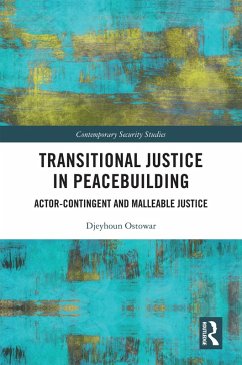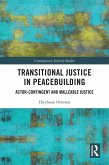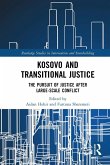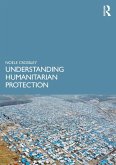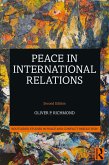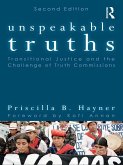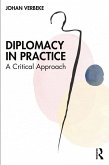In recent decades, transitional justice mechanisms and processes have been introduced to a variety of settings, becoming widely regarded as essential elements in the 'peacebuilding toolbox'. While it has increasingly been suggested that transitional justice is imposed by neo-imperial actors with little regard for the needs and cultures of local populations, evidence suggests that dismissing these policies as neo-imperial or neo-liberal impositions would result in grossly overlooking their dynamics, which involve a whole range of relevant actors operating at multiple levels. This book interrogates this theme through empirical analysis of three sites of peacebuilding that have seen extensive international involvement: Kosovo, East Timor and Afghanistan. It proposes a novel framework for analysing and approaching transitional justice in peacebuilding that disaggregates three broad sets of actors operating at different levels in relevant processes: external actors (international and regional levels), transitional justice promoters (local, national, international and transnational levels), and transitional regimes (national and local levels). The book argues that transitional justice in peacebuilding must be conceived of as actor-contingent and malleable due to the significance of agency and (inter)actions of key categories of actors throughout peacebuilding transition.
This book will be of interest to students and practitioners of transitional justice, peacebuilding, law, and International Relations.
Dieser Download kann aus rechtlichen Gründen nur mit Rechnungsadresse in A, B, BG, CY, CZ, D, DK, EW, E, FIN, F, GR, HR, H, IRL, I, LT, L, LR, M, NL, PL, P, R, S, SLO, SK ausgeliefert werden.
"Calls for the fostering of victim and community-led approaches to transitional justice demand examples of where this has succeeded and failed, alongside empirical and theoretical guidance for what to look for and how to optimize the agency of the local. Djeyhoun Ostowar's examination of the agency of external actors, transitional justice promoters, and transitional regimes takes enormous steps forward in this vein for both discourse and practice."--Chris Mahony, World Bank and former UNDP Transitional Justice Global Focal Point
"A much-needed examination of effectiveness and legitimacy in transitional justice processes in UN-mandated peacebuilding contexts. Djehoun Ostowar develops an actor-contingent model of analysis, which proves particularly effective in accounting for the complex web of interactions and decision-making typically involved in designing and conducting a process, as well as in implementing outcomes."--Djordje Djordjevic, Deputy Permanent Observer to the United Nations of the International Development Law Organisation (IDLO)

